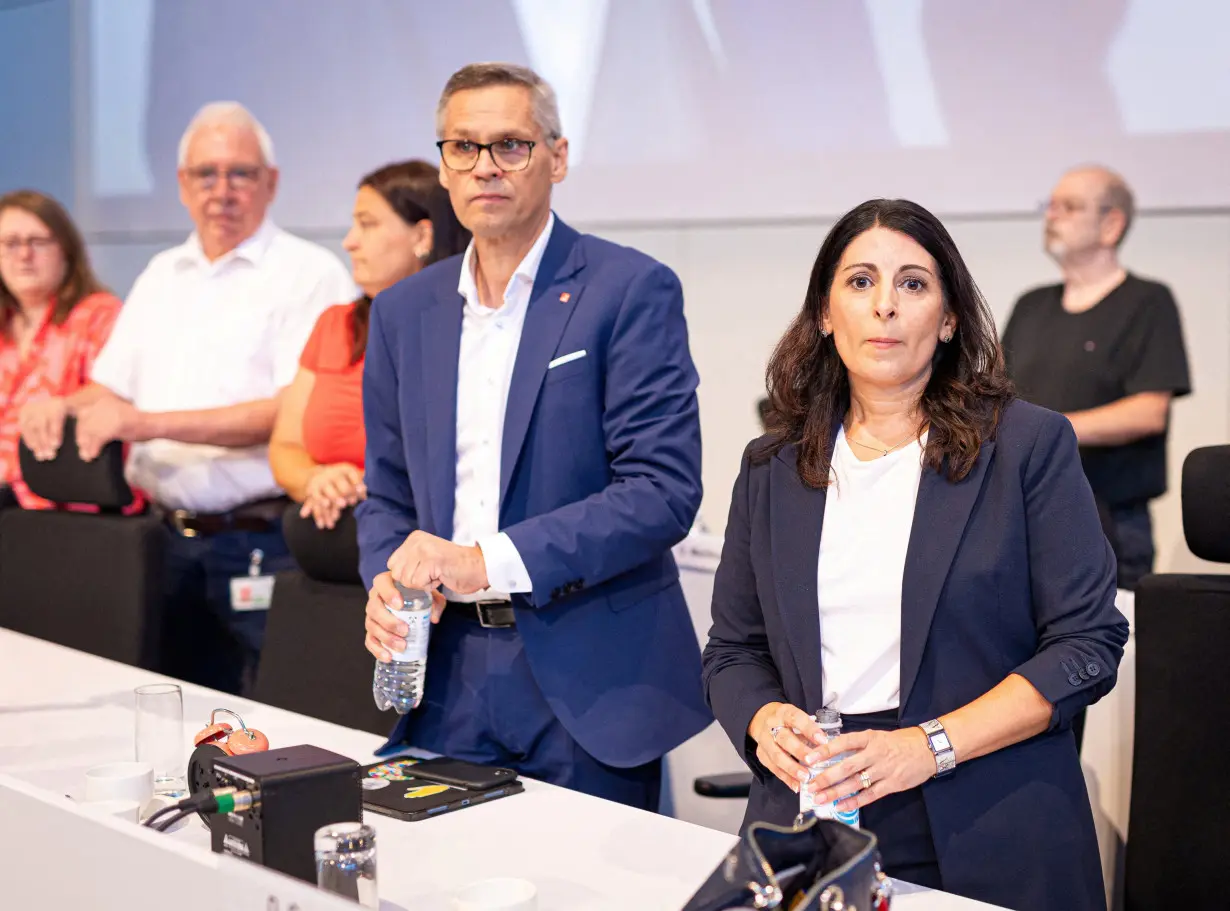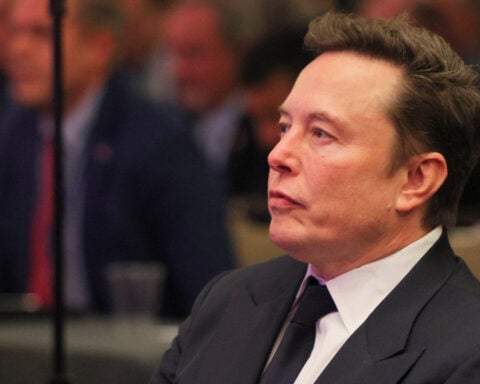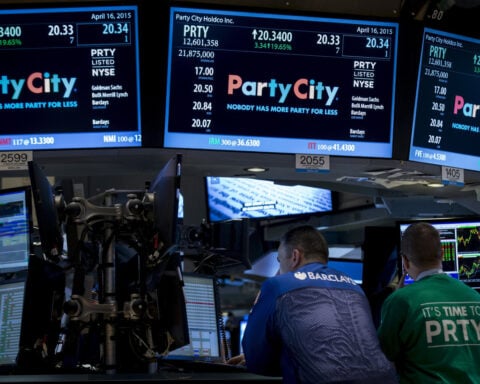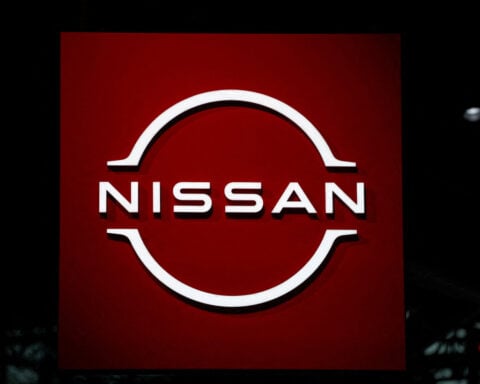By Christoph Steitz
FRANKFURT (Reuters) - When labour unions step into the ring with Volkswagen executives on Wednesday to fight over job security and plant closures, it will mark the toughest test yet for the most powerful figure at the automaker behind its CEO: Daniela Cavallo.
But the 49-year-old Italian-German will also appear a formidable opponent for managers, having risen through the ranks to become the first female head of the company's works council, styling herself as a defender of the "Volkswagen family".
The negotiations start less than a month after Volkswagen said it might close plants in Germany for the first time. That ended a two-year truce between unions and managers, highlighting that while conflict briefly subsided under Cavallo and Volkswagen CEO Oliver Blume, the industry's problems did not.
"Unfortunately, I've got to admit that this is the darkest day so far," Cavallo said earlier this month, hours after Volkswagen told workers of plans to possibly close plants and end long-standing job guarantees.
High energy and labour costs, along with weakening demand in Europe, left management no choice but to take drastic measures, the company argued, breaking two taboos that Cavallo said marked a major cultural change at Europe's biggest automaker.
Her comments, according to two people familiar with the matter, reflect Cavallo's deep commitment to Wolfsburg-based Volkswagen, where she has spent her entire career, eventually becoming works council chief in 2021.
They also show the dispute is more than just business for a worker born and raised in Wolfsburg - it's been a family affair ever since her father swapped southern Italy for Germany in 1969 to join the firm.
Today, Cavallo, her husband and two sisters are all part of Volkswagen's roughly 680,000 global workforce, including the 130,000 VW brand employees in Germany affected by the dispute.
'REASON TO FIGHT'
"Every single one of the 130,000 employees is reason enough to fight," Cavallo, one of the 20 members of Volkswagen's supervisory board, told Reuters.
"But it's not just about the 130,000 colleagues. It's also about their families, the suppliers and service providers around them and, last but not least, the entire regions where the plants are located."
Cavallo, who joined Volkswagen in 1994 to train as an office clerk, quickly caught the attention of rising union star Bernd Osterloh for helping to negotiate fewer shifts at Auto 5000, a former unit that did not enjoy the same benefits as VW workers.
Osterloh later became head of Volkswagen's works council, a position he held for 15 years, earning the nickname "King of Wolfsburg" as he used the significant historic powers granted to workers at the group to their full extent.
As Osterloh rose, so did Cavallo, who became the first works council member in Wolfsburg to take maternity leave, previously considered a no-go in a traditionally male-dominated sector.
"She's not impulsive, but structured," one of the people said. "That doesn't mean she's less effective. When it comes to business she's just as tough."
In fact, Cavallo is known for patiently but persistently sticking to a point, the people said.
When Volkswagen negotiated a pact around electric mobility in 2016, Cavallo insisted that jobs could only be cut if there was tangible evidence that they were no longer needed, raising the bar for layoffs.
Whether she succeeds in avoiding plant closures, a red line she has drawn ahead of negotiations, may also depend on how she wields her most powerful weapon - strikes - which could, in theory, take place from Dec. 1.
(Reporting by Christoph Steitz; Editing by Matthias Williams and Mark Potter)

 German Christmas market ramming is the latest attack to use vehicles as deadly weapons
German Christmas market ramming is the latest attack to use vehicles as deadly weapons
 How to save a fentanyl victim: Key facts about naloxone
How to save a fentanyl victim: Key facts about naloxone
 Eight convicted in France over murder of teacher who showed Prophet caricature
Eight convicted in France over murder of teacher who showed Prophet caricature
 In a calendar rarity, Hanukkah starts this year on Christmas Day
In a calendar rarity, Hanukkah starts this year on Christmas Day
 What to know about Hanukkah and how it's celebrated around the world
What to know about Hanukkah and how it's celebrated around the world
 Russia's UK embassy denounces G7 loans to Ukraine as 'fraudulent scheme'
Russia's UK embassy denounces G7 loans to Ukraine as 'fraudulent scheme'
 Retailer Party City files for bankruptcy, will wind down 700 stores
Retailer Party City files for bankruptcy, will wind down 700 stores
 Philadelphia 76ers star Joel Embiid working through injuries and mental health struggles
Philadelphia 76ers star Joel Embiid working through injuries and mental health struggles
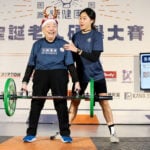 Weightlifting Taiwan granny, 90, garners cheers, health benefits at gym
Weightlifting Taiwan granny, 90, garners cheers, health benefits at gym
 Soccer's top players have had enough, as FIFA's new super-sized tournament sparks a revolt
Soccer's top players have had enough, as FIFA's new super-sized tournament sparks a revolt
